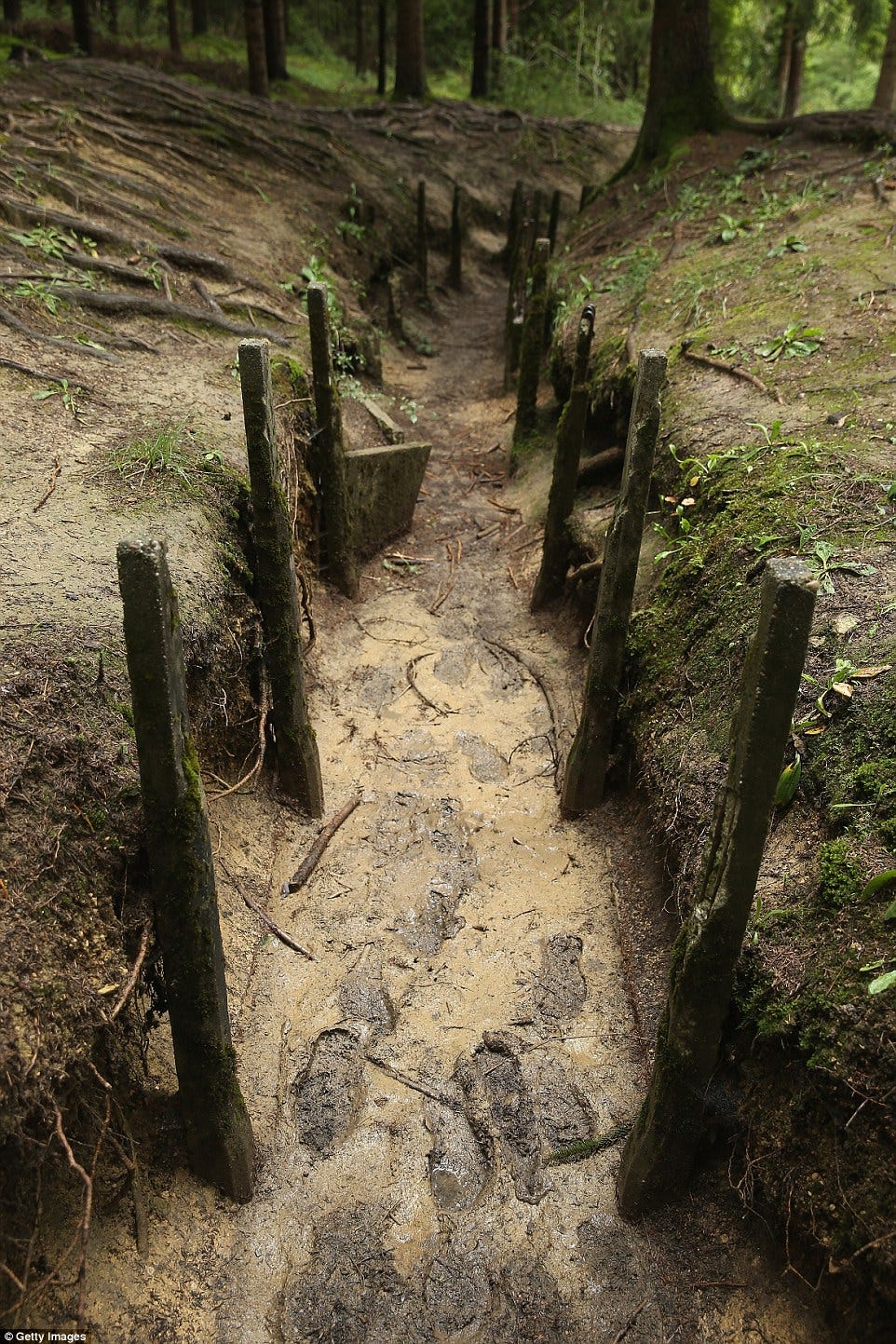The Ethics of Dark Tourism: The Dark Side of Tourism
Investigating the Advantages and Disadvantages of Visiting Tragedy and Death Sites
The practice of visiting areas connected with death, tragedy, or calamity is known as dark tourism, sometimes known as thanatourism. It is a relatively new phenomena that has grown in popularity in recent years, with more tourists seeking out these types of sites. While some may consider dark tourism to be ghoulish, others see it as a means to learn about history and pay honor to those who have suffered.
Dark tourism dates back to the early nineteenth century, when people began visiting the locations of important battles and other historical events. Dark tourism, on the other hand, was popularized in the 1990s and has since been used to represent a wide range of activities, from visiting concentration camps and memorials to disaster zones and haunting locales. The emergence of dark tourism has also sparked discussions about the ethical implications of profiteering from tragedy and commodifying human pain
Countries That Are Popular for Dark Tourism
Several countries across the world are popular dark tourism destinations, including:
Syria: Despite being in the grip of a civil conflict, some tourists continue to visit the country. They are drawn to the country because of its rich history and cultural legacy, which includes ancient sites like Palmyra and Damascus.
Iraq: Another country that has been in strife for many years is Iraq. This has not discouraged some visitors from visiting the nation. Mesopotamian marshlands, for example, have a distinct environment and animals that can be found nowhere else on the planet.
Afghanistan: Despite its association with war and terrorism, Afghanistan has become a favorite destination for daring tourists. Some visitors are drawn to the country's harsh scenery and rich heritage.
Colombia: Despite significant progress in lowering violence and drug trafficking, some tourists are nevertheless lured to the country's difficult past. Medellin, in particular, has grown in popularity among people interested in the history of the drug trade and Pablo Escobar's life.
Benefits of Dark Tourism
Despite its controversial character, dark tourism has been discovered to have various advantages for both tourists and locals. One of the most significant benefits is the economic boost it can provide to a community. As more people are drawn to visit sites of tragedy and suffering, tourism money rises, which can be especially advantageous to local communities that might otherwise struggle economically. Furthermore, black tourism has the potential to produce new jobs, support local companies, and generate tax money for the government.
Another advantage of dark tourism is the possibility of teaching and understanding. Tourists can learn about diverse historical times and events, as well as develop a deeper understanding of the feelings of people who suffered, by visiting sites connected with tragedy and death. This form of experience learning has the potential to be far more effective than merely reading about events in a textbook. Furthermore, it can create empathy and help travelers understand the gravity of the events they are learning about, ultimately leading to increased respect for the victims and survivors. This comprehension can lead to more knowledge and activism for social justice concerns, as well as more critical thinking and reflection on the past.
The Drawbacks of Dark Tourism
While there are certain advantages to dark tourism, there are also some disadvantages to consider. One key issue is the possibility for the commodification of misery and the commercial exploitation of tragedy. Tourist locations associated with war, terrorism, or natural calamities frequently have tremendous emotional weight, and commercialization of these sites may be viewed as insulting to the memories of those who suffered. Furthermore, high numbers of tourists can have a negative impact on local populations, causing overcrowding, pollution, and the destruction of historical places. This can taint the experience's authenticity and reduce the educational value of dark tourism.
Another disadvantage of black tourism is the possibility of psychological injury to guests. Experiencing sad events can be upsetting, thus visitors should be fully educated and supported before visiting sites associated with tragedy or death. It is also critical to consider the feelings of local communities, which may be traumatized by the continual presence of tourists in their places. Tourists may also grow desensitized to the intensity of the events they are witnessing, leading to a lack of empathy or respect for people who have suffered.
Overall, it is critical to pursue dark tourism with caution and respect, balancing the educational and economic benefits with the potential for harm. We can ensure that dark tourism remains a respectable and ethical approach to learn about history and pay tribute to those who have suffered by understanding its drawbacks and taking steps to alleviate them.
Dark tourism has grown in popularity in recent years, with people opting to spend their vacations in war-torn or questionable regions. While there are risks and drawbacks to this form of travel, there are also possible positives, such as learning about history, supporting local businesses, and promoting empathy and understanding. Finally, it is up to each individual to balance the benefits and drawbacks and determine whether dark tourism is an appropriate and ethical mode of transportation.




